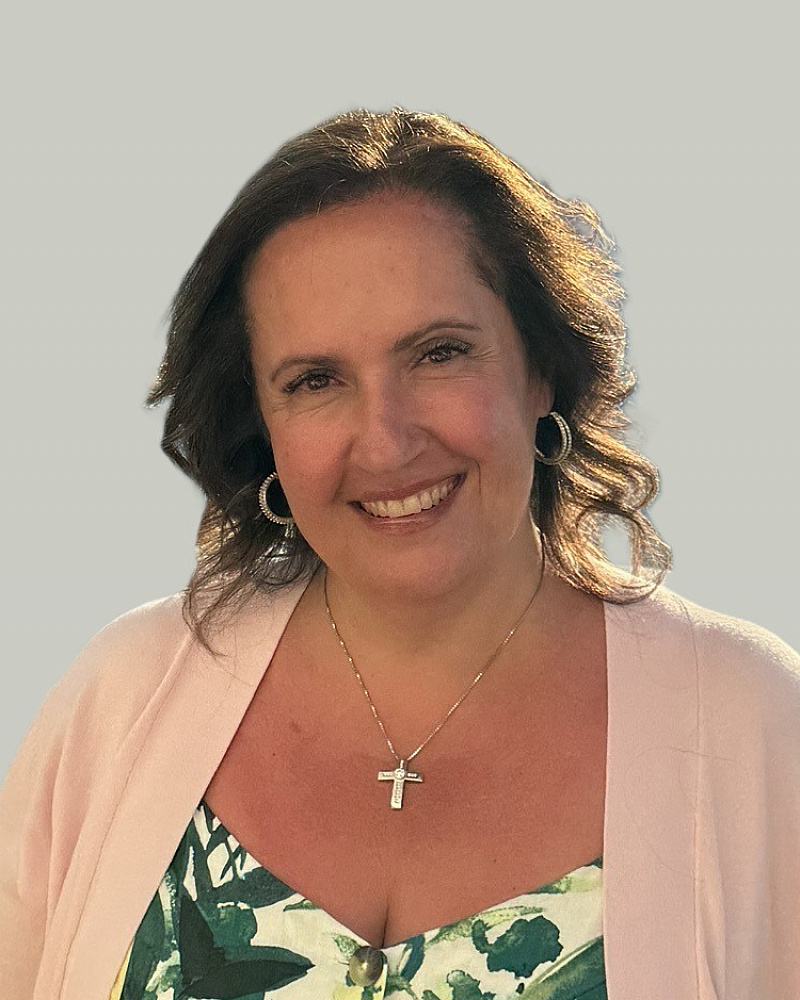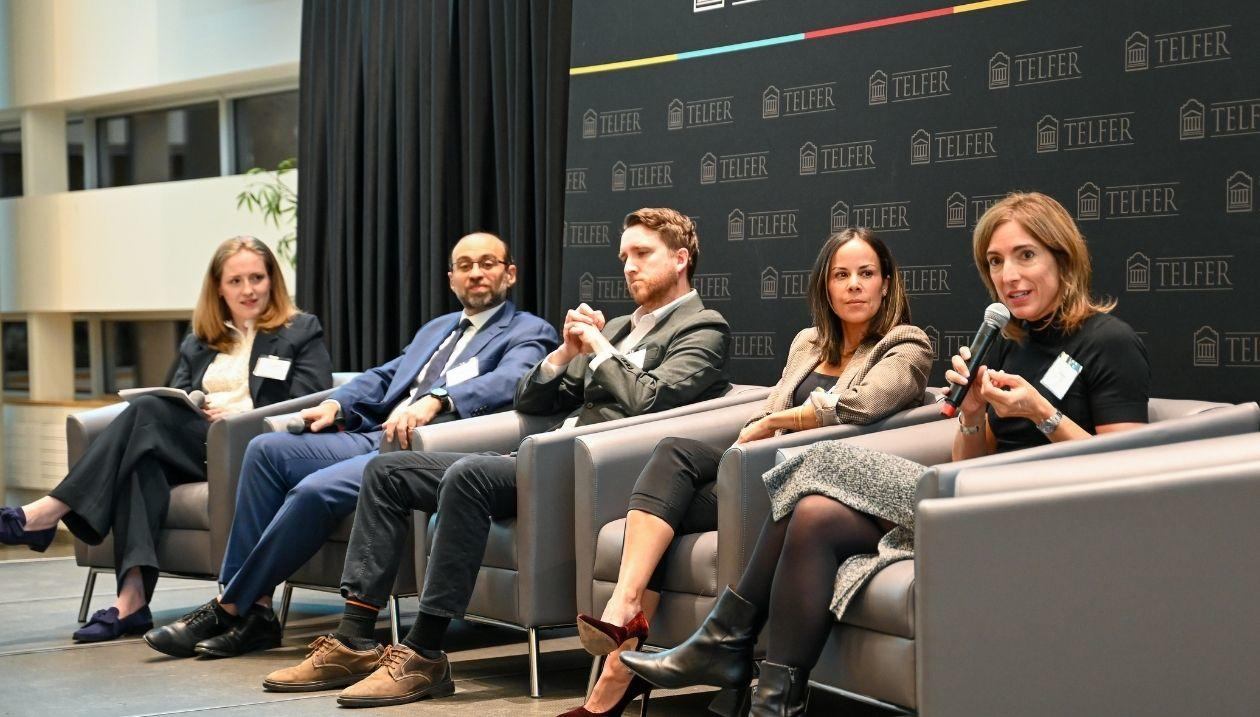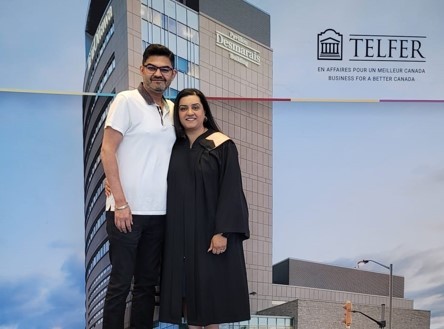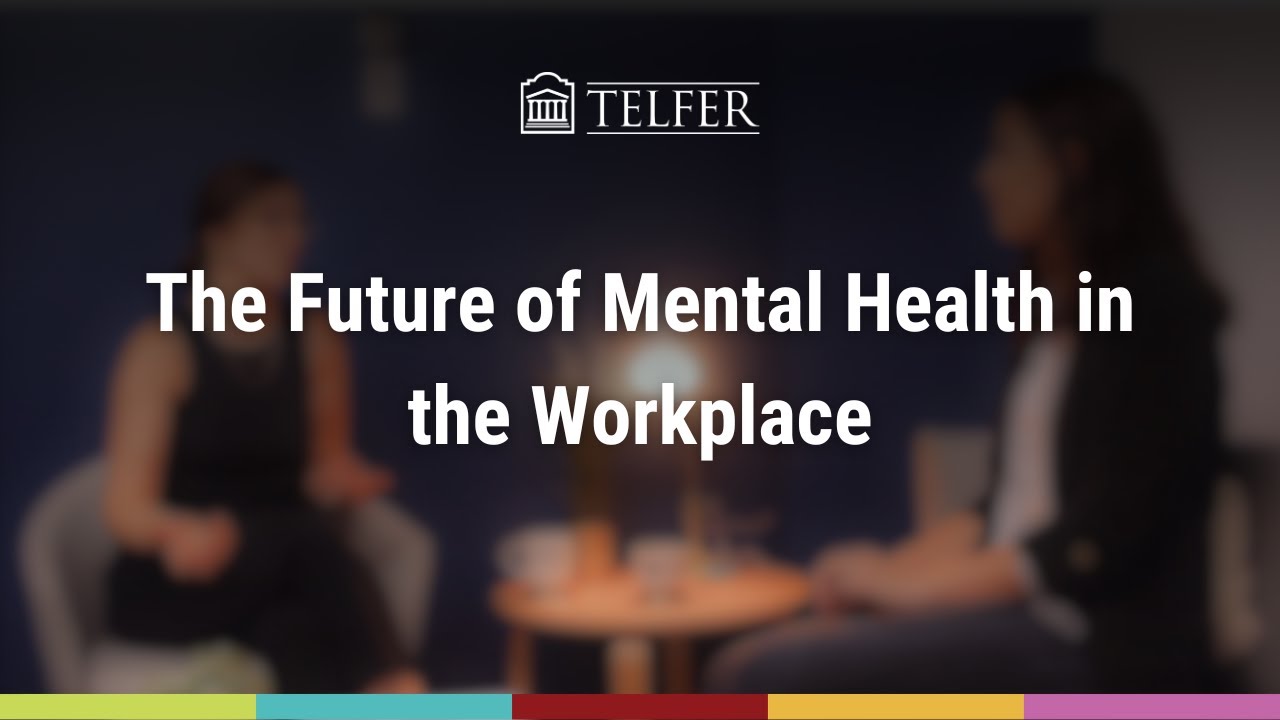Shared mental models
Teamwork is now recognized as an essential means of improving services. In health care, collaborations among nurses, physicians, social workers, and other therapists working with patients and their families are common. They help optimize the patient experience. While diversity among team members improves decision-making and problem-solving, miscommunication and inefficiency can produce negative outcomes for the patient.
So called “shared mental models” can help teams understand their common goals and tasks and clearly define individual roles, reduce errors, and improve user experience. While interprofessional collaborations are encouraged and more commonly practiced in the health care sector, the extent to which teams make use of shared mental models to improve decision-making and service planning remains unclear. It is also unclear how an organization’s structure, much like its strategy, governance and funding, affects the use of shared mental models.
A better awareness of the benefits of shared mental models in teamwork and the decision-making process, and of the organizational features that favour their use, can result in more widespread model implementation to improve teamwork and services offered.
What is this research about?
Professor Agnes Grudniewicz received a Social Sciences and Humanities Research Council Insight Development Grant to study to what extent interprofessional teams use shared mental models and to what degree the structure of an organization influences their use by interprofessional teams. Her study will compare two types of primary care environments: the community health centre and the family health team. The two differ in their strategic efforts, governance and physician remuneration.
Project Title: Exploring the Relationship between Organizational Structures and Shared Mental Models in Inter-Professional Teams: A Convergent Mixed Methods Study
Who will benefit from this research?
This work will offer theoretical and methodological insights to researchers on shared mental models in the health care industry, which can also apply to other industries. New knowledge will be gained on the relationship between organizational structures and shared mental models in interprofessional collaboration. The study will also offer practical recommendations for policymakers, managers and health care professionals to improve teamwork, thereby ameliorating the work experience for employees and their clients.
Learn more about the Social Sciences and Humanities Research Council Insight Development Grants












